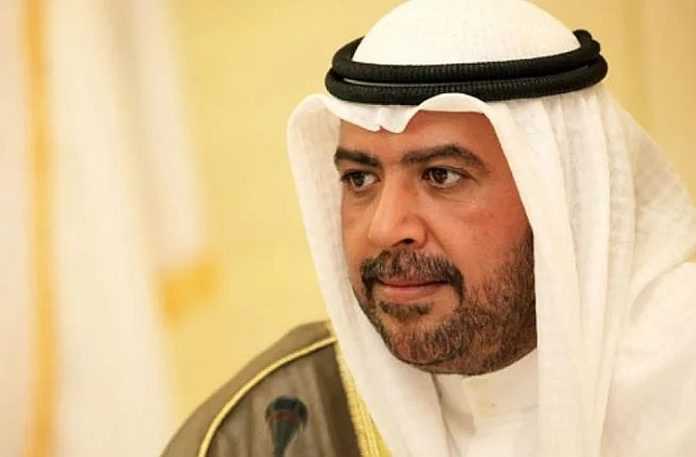On Wednesday, the Calgary City Council voted 8-7 to kill the city’s bid for the 2026 Olympic Winter Games and yet the bid still lives on and will continue to a public vote on 13 November.
How?
Because the Council motion to kill the bid required a two-thirds vote – a 10-5 margin – the 8-7 vote allowed the project to survive for now.
But what had been a straightforward process in Calgary got badly muddied in the final hours and could hurt the project moving forward. “It’s been really messy,” said Calgary Mayor Naheed Nenshi, noting the seven-hour Council debate that preceded the vote. Some of the messiness came from:
• News reports indicated that Council members on both sides of the vote were concerned that C$773,000 had already been spent on the logistics of the referendum and that advance voting was already taking place.
• The bid appeared to be dead because of a lack of a completed funding plan for the government support aspects of the project, estimated at C$3.01 billion. So what changed?
(1) The Calgary 2026 Bid Corporation reduced the amount to C$2.875 billion – saving C$226 million – by reducing contingencies in the budget.
(2) A last-minute agreement was reached with the Canadian federal and Alberta provincial governments and the Calgary municipal government to provide:
$1.453 billion from the Canadian federal government
$ 700 million from the Alberta provincial government
$ 390 million from the Calgary municipal government
$ 150 million in credit toward the budget from existing renovations at venues to be used for the Winter Games
That’s C$2.693 billion, but C$20 million of Calgary’s commitment will be used to fund an insurance policy (if available) for coverage up to the targeted C$2.875 million total.
The head of the Calgary 2026 Bid Corporation, Mary Moran, used the figures to show that Calgary’s C$390 investment would bring back C$4.4 billion to the area from the three levels of government and the organizing committee funds from the private sector (including the International Olympic Committee’s contribution of more than $1 billion U.S. in cash and services). The CBC report noted that “When questioned, however, it became clear there was no insurance policy identified as yet and if none could be found, Calgary 2026 just said it would find more cuts in their budget.” But Moran also indicated that a new location for the Olympic Village would be needed because of an existing transit hub on the identified site.
The Canadian Taxpayers Federation was not impressed: “The CTF will be continuing to educate the public on why the Olympic bid is just not a good choice for Calgarians,” said Alberta director Franco Terrazzano.
“Unfortunately today city council did not end the bid. This is a smoke-and-mirror show right now. We don’t have a deal between the three levels of government. We have a deal to start negotiating a deal.”
It’s also worth noting that even with all of these details in hand, the city of Calgary would still be on the hook as the guarantor of the funding of the Games.
So now the question of proceeding with the bid is up to the voters. A public poll from the spring indicated a small majority favored the bid going forward. The “No Calgary Olympics” group – there is one – said a poll from mid-October showed 64% against the bid proceeding.
The arguing will go on for the next two weeks, but what has emerged out of this is a sign of our times: overnight agreements, plenty of demonstrating, leaks to the media and lots and lots of emotion on both sides.
Wasn’t this what Calgary had hoped to avoid? Because win or lose on 13 November, the two sides are further apart and more hostile to each other than before, and that’s a bad thing.
In fact, even if the referendum passes, it is legally non-binding on the Council. Member Evan Woolley – who originally supported the Games concept, but is now against it – told the CBC that even if the public vote is in favor of the bid, but no concrete funding agreement is completed, he will remain against it. “I personally will not support a deal that’s not in the best interests of Calgarians. We do not have the deal in front of us today. Calgarians need to have trust and confidence in our ability to host the games and this did not install that in me or in Calgarians.”
So now the people get to vote, essentially on the question of whether they are willing to promise to spend C$390 million of their money, accept the risk for further loss, and bid for the 2026 Winter Games, with no assurance of winning. These funding “developments” show how shaky the Calgary 2026 projected budget is and how quickly any issue can become polarized, especially over money. The only word for all of this: sad.
Rich Perelman
Editor

























